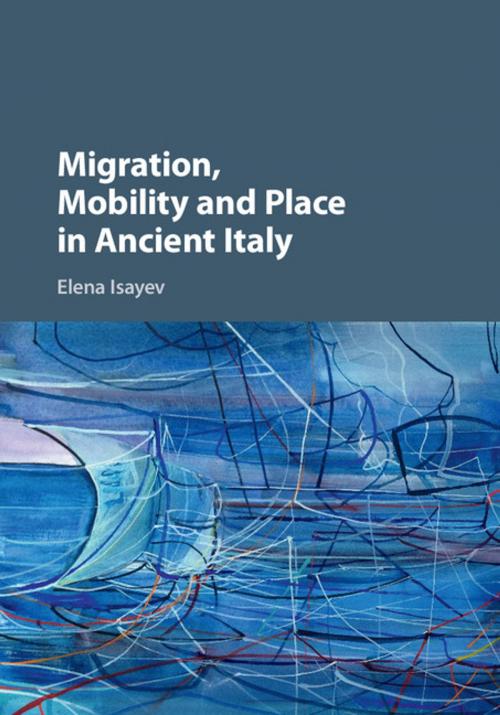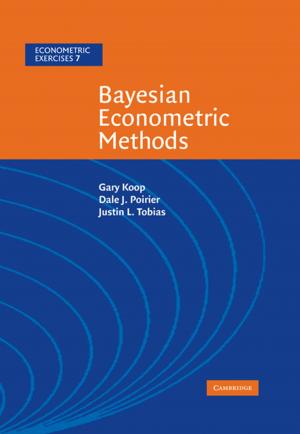Migration, Mobility and Place in Ancient Italy
Nonfiction, Social & Cultural Studies, Social Science, Archaeology, History, Ancient History| Author: | Elena Isayev | ISBN: | 9781108240420 |
| Publisher: | Cambridge University Press | Publication: | August 31, 2017 |
| Imprint: | Cambridge University Press | Language: | English |
| Author: | Elena Isayev |
| ISBN: | 9781108240420 |
| Publisher: | Cambridge University Press |
| Publication: | August 31, 2017 |
| Imprint: | Cambridge University Press |
| Language: | English |
Migration, Mobility and Place in Ancient Italy challenges prevailing conceptions of a natural tie to the land and a demographically settled world. It argues that much human mobility in the last millennium BC was ongoing and cyclical. In particular, outside the military context 'the foreigner in our midst' was not regarded as a problem. Boundaries of status rather than of geopolitics were those difficult to cross. The book discusses the stories of individuals and migrant groups, traders, refugees, expulsions, the founding and demolition of sites, and the political processes that could both encourage and discourage the transfer of people from one place to another. In so doing it highlights moments of change in the concepts of mobility and the definitions of those on the move. By providing the long view from history, it exposes how fleeting are the conventions that take shape here and now.
Migration, Mobility and Place in Ancient Italy challenges prevailing conceptions of a natural tie to the land and a demographically settled world. It argues that much human mobility in the last millennium BC was ongoing and cyclical. In particular, outside the military context 'the foreigner in our midst' was not regarded as a problem. Boundaries of status rather than of geopolitics were those difficult to cross. The book discusses the stories of individuals and migrant groups, traders, refugees, expulsions, the founding and demolition of sites, and the political processes that could both encourage and discourage the transfer of people from one place to another. In so doing it highlights moments of change in the concepts of mobility and the definitions of those on the move. By providing the long view from history, it exposes how fleeting are the conventions that take shape here and now.















